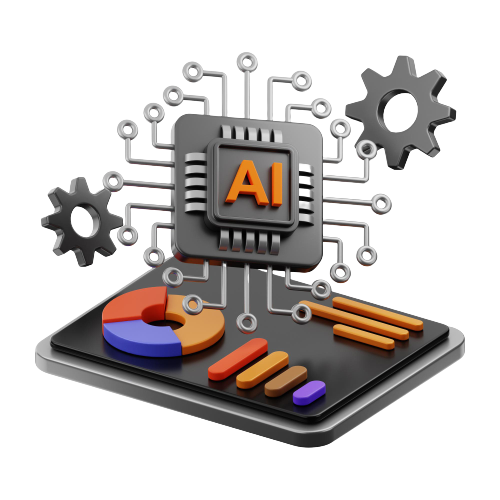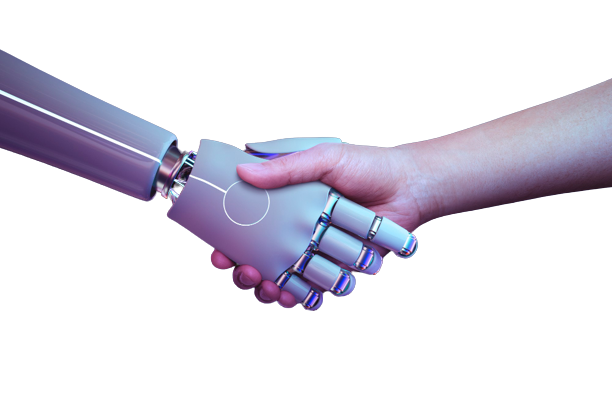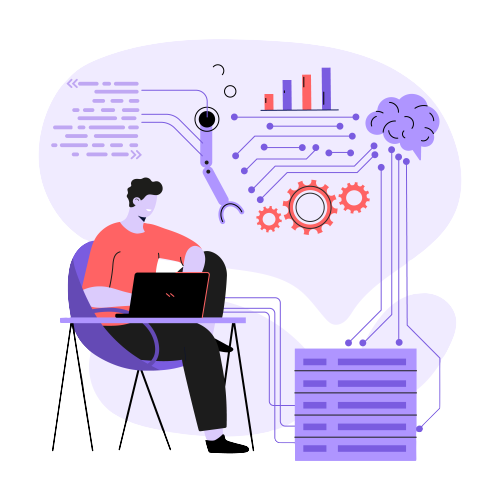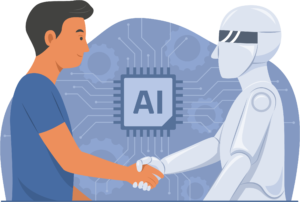Will AI Tools Replace Jobs? Exploring the Relationship Between AI, Humans, and Software Testing
The rapid advancement of artificial intelligence (AI) has sparked debates about the future of work. As AI tools become increasingly sophisticated, there are concerns about whether they will replace human jobs in various industries. In particular, the role of AI in software testing has raised questions about the potential impact on software testers’ job security. In this blog post, we will delve into this topic and explore the complex relationship between AI, humans, and the field of software testing.

1. The Evolution of AI Tools
AI tools have evolved significantly in recent years, thanks to advancements in machine learning and natural language processing. These tools are capable of automating repetitive and time-consuming tasks, enhancing productivity, and improving efficiency. However, it is important to understand that AI tools are designed to augment human capabilities rather than replace them entirely.

2. Augmentation, Not Replacement
While AI tools can automate certain aspects of software testing, they cannot fully replace the critical thinking, creativity, and problem-solving skills that human testers bring to the table. AI tools excel at repetitive and predictable tasks such as regression testing and test data generation. They can analyze large datasets, identify patterns, and even perform some level of autonomous decision-making. However, human testers are essential for complex exploratory testing, identifying edge cases, and evaluating the user experience.
It is important to view AI tools as collaborators rather than competitors. By leveraging AI tools in software testing, human testers can focus on higher-value activities such as test strategy development, test planning, and analyzing the results generated by AI-powered testing tools. This partnership between AI and human testers can lead to more efficient and effective software testing processes.

3. The Role of Human Judgment and Intuition
One of the fundamental aspects of software testing is the exercise of human judgment and intuition. AI tools are trained on existing data and patterns, which means they may struggle with novel scenarios or situations that deviate from the norm. Human testers bring a unique perspective, experience, and intuition that allow them to detect subtle issues, uncover potential vulnerabilities, and assess the overall quality of the software.

4. Adapting and Upskilling
As AI tools continue to advance, it is crucial for software testers to adapt and upskill themselves to remain relevant in the field. Rather than fearing job displacement, testers can embrace AI as an opportunity for professional growth. By acquiring knowledge and expertise in AI-driven testing techniques, testers can enhance their skill set and take on new responsibilities that leverage the power of AI tools.

5. The Future of Software Testing
While AI tools have the potential to automate certain aspects of software testing, they cannot replace the holistic and nuanced approach that human testers provide. The collaboration between AI tools and human testers will shape the future of software testing, with humans focusing on critical thinking, test design, and overall quality assurance while AI tools handle repetitive tasks and provide valuable insights.
It is worth noting that AI tools are not a panacea for all software testing challenges. They are tools that require careful implementation and monitoring. Human oversight is crucial to ensure the accuracy and reliability of AI-driven testing processes.

Conclusion
The relationship between AI tools, humans, and software testing is one of collaboration and augmentation rather than competition and replacement. While AI tools can automate certain testing tasks, they cannot replicate the critical thinking, creativity, and intuition that human testers bring to the field. The future of software testing lies in harnessing the power of AI tools alongside human expertise to enhance efficiency, effectiveness, and overall software quality.
So, will AI tools replace jobs? The answer is nuanced. While some job roles may evolve and adapt to incorporate AI, the value of human judgment, creativity, and problem-solving skills remains essential. As technology advances, it is crucial for professionals, including software testers, to embrace lifelong learning, adapt to new tools and techniques, and continue to leverage their unique human capabilities to thrive in the ever-evolving digital landscape.
